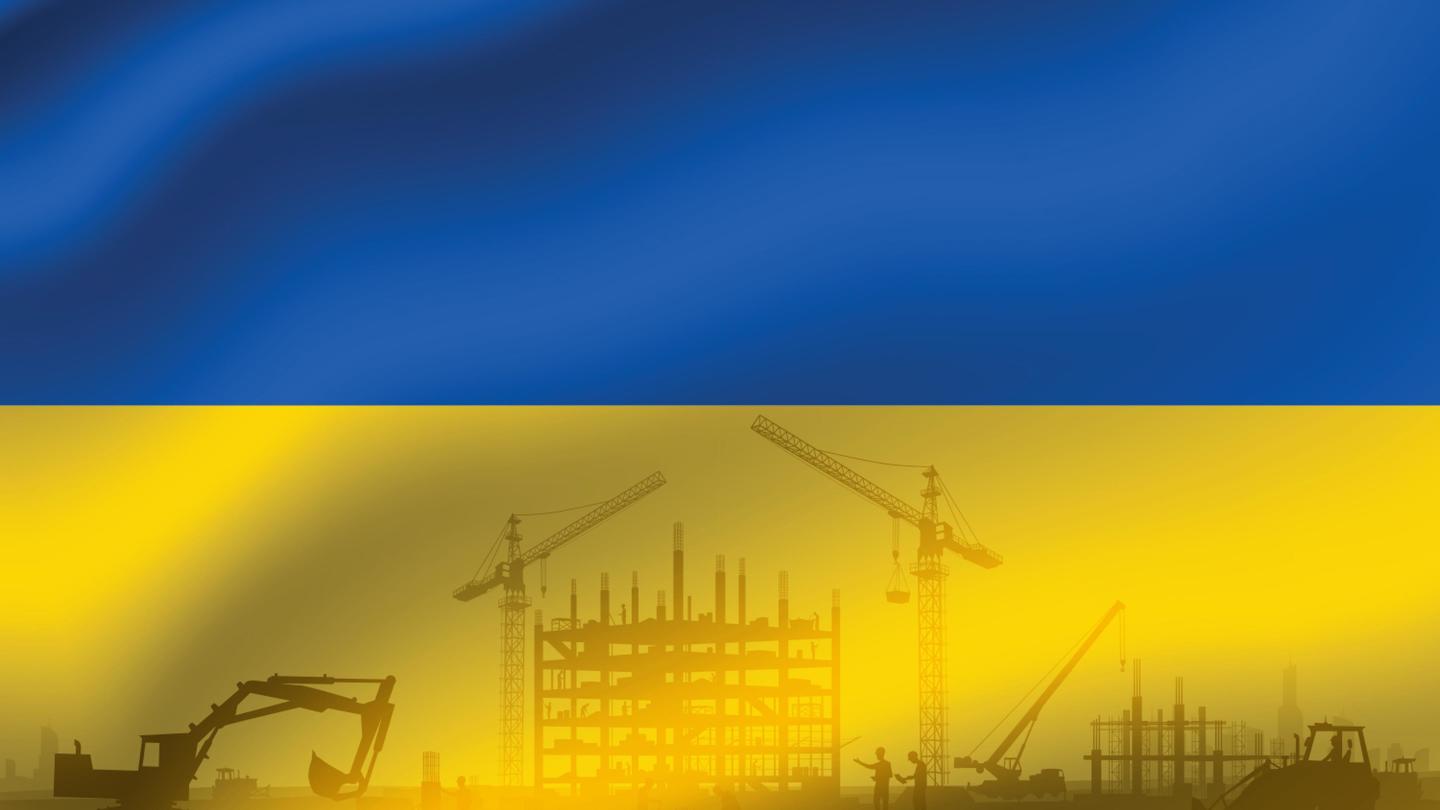Ukrainian Reconstruction: SPIA's Innovations for Successful Societies Introduces Unique Legal Database for Rebuilding Efforts

The Princeton School of Public and International Affairs’ Innovations for Successful Societies has released summaries and analyses of hundreds of Ukrainian laws pertaining to reconstruction, the second component of a larger project aimed at helping the country rebuild infrastructure the Russian invasion has destroyed or damaged.
On a pro bono basis, the law firm Debevoise & Plimpton LLP worked with ISS and Ukrainian colleagues to conduct the analysis, which embraces over 450 separate sources of law. The goal, said attorney Jane Shvets, who led this part of the project, is to make all who seek to work on Ukraine’s construction projects aware of the country’s legal and technical requirements and regulations.
“The idea is to make it easier to orient the investment community, including those who may be interested in bidding on or financing these projects, and to help them navigate the landscape, which can be particularly challenging given the number of provisions and the interconnectedness of the regulations,” Shvets said.
Worth MacMurray *77, the president and chief executive officer of the Coalition for Integrity, who oversaw Debevoise’s work on behalf of ISS, noted that a wide variety of entities and organizations around the world could end up working on Ukraine's reconstruction, and few if any would have a complete grasp of the country’s many applicable laws.
“Entities from small construction companies in Warsaw to multilateral banks in Washington and London” will benefit, said MacMurray, a 1977 SPIA alumnus whom Widner asked to join the project shortly after it began. “Our goal is to make these materials easily accessible and more widely understandable.” He added that this step will support a more efficient and transparent rebuilding process.
The database is posted to the Innovations for Successful Societies website.
The project’s first component began not long after Russia invaded Ukraine in 2022, when Princeton SPIA invited several Ukrainian scholars to the University as visiting research scholars. Among them was Oksana Nesterenko, executive director of the Anti-Corruption Research & Education Centre at Kyiv-Mohyla Academy (ACREC).
When Nesterenko was introduced to ISS Director Jennifer Widner, a professor of politics and international affairs, the two began discussing how to assist Ukraine’s recovery. They concluded that helping the country to rebuild its damaged infrastructure swiftly and honestly was vital.
“We’re interested in reconstruction governance,” Widner said. “One major part of that is trying to ensure that construction happens in a way that is fast but also transparent and accountable.”
Together with ACREC, Nesterenko's Kyiv-based center, ISS developed educational materials and specialized training for those keeping watch on the rebuilding. Nesterenko and ISS partner Richard Messick, an independent anti-corruption expert formerly with the World Bank, traveled to Kyiv in July 2023 to teach an ISS pilot course to some of the country’s compliance officers and civil society monitors. Afterward, the Ukrainian government requested the program be expanded, so ISS is now developing an online course called Reconstruction Governance. (She is also using elements of the course in her teaching at Princeton.)
The need is pressing, as the country must rebuild even as the fighting continues so that everyday life, including commerce and interpersonal interactions, can proceed as smoothly as possible.
“Without infrastructure, without roads, without bridges, without social infrastructure, without energy infrastructure, all these things are impossible,” said Tetiana Khutor, based at Ukraine's Institute for Legislative Ideas, who helped develop the law project with Debevoise and ISS and presented the law-related segment of the online course materials for Reconstruction Governance.
Widner praised Ukraine for the close attention it has paid to corruption prevention, but observed that the ongoing conflict presents challenges.
“Ukraine has some cutting-edge corruption prevention systems, including the world's best open-contracting portal, but the magnitude of the devastation and continuing conflict create very difficult challenges," she said.
